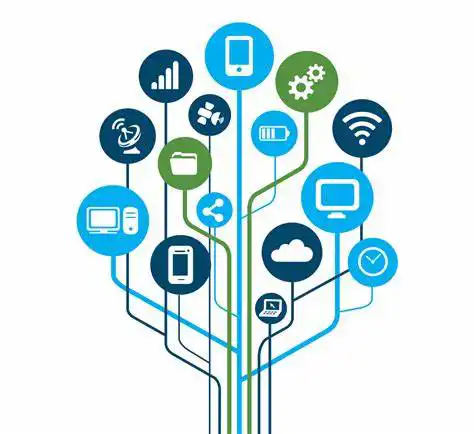Emergence of AI in Social Media Influencing
In the realm of social media influencing, there has been a groundbreaking shift. In the past, human personalities dominated the industry. Today, artificial intelligence (AI) has expanded its influence, creating an entirely new breed of influencers.
These AI 'virtual influencers' have the power to connect with their audience in a unique way. They don't require rest. They are practically immune to scandal and can consistently maintain a perfect persona.

Still, in their infancy, AI-generated virtual influencers are causing significant disruption in the advertising and influencing domains. They are giving their human counterparts intense competition, stealing businesses from them rapidly.
Contrary to popular belief, this new breed of influencers holds significant potential to revolutionize social media marketing, if leveraged correctly.
Understanding the Concept of Virtual Influencers
Simply put, virtual influencers are digital entities powered by AI. The technology that goes into their creation is complex, involving top-notch virtual reality and artificial intelligence systems.
These influencers can post content, engage with followers, and endorse brands, just like human influencers. However, since they don't have physical bodies, these interactions occur solely in the virtual world.
Such entities are perfect for creating ideal personas and faces for brands, something that isn't always achievable with human influencers due to inherent flaws, making them all the more appealing for businesses.
These computer-generated influencers can maintain perfection and stick to the script at all times, unlike their human counterparts who might deviate under various influences.
AI-Generated Virtual Influencers and Businesses
The sublime shift towards AI-created virtual influencers has drawn the attention of numerous brands. Given their superior control over their narrative and image, businesses see great potential in them for advertising and endorsement.
Businesses are no longer constrained by the shortcomings and unpredictability of human influencers. Instead, they can now create a virtual influencer that perfectly matches their brand's image and vision, making for more controlled, effective marketing.
Moreover, AI influencers can work round-the-clock and cater to different time zones, a feat impractical for human influencers.
This gives businesses a more extensive reach and allows them to continuously engage with their target audience in different geographical locations.
Impact on Human Influencers
The rise of AI influencers certainly threatens human influencers. As businesses lean towards AI, human influencers are feeling the consequences in the form of lost business.
There's also the concern of authenticity. While AI influencers can be programmed to act and react precisely, they lack the authentic human experience that traditional influencers bring to the table.
Even with advancements in AI, it is doubtful that machines will ever genuinely replicate human emotions and experiences.
Therefore, although human influencers are currently facing challenges, they aren't entirely out of the game. It's still a long way before AI can fully replace humans in this field.
The Future of AI in Influencing
AI-generated virtual influencers are novel and exciting, and it's clear that they're here to stay. They are compelling due to their many benefits, from the ability to work tirelessly to being free of scandals.
However, there are ethical concerns related to transparency and authenticity. Businesses need to clarify when an AI system, rather than a human, is endorsing a product.
Moreover, it's essential to consider how heavily an AI's recommendations should weigh when it cannot factually experience the products it endorses.
And as audiences get savvier, they will likely value authenticity over ideal digital personas, ultimately smoothing the way for a human-machine coexistence in the digital influencing space.